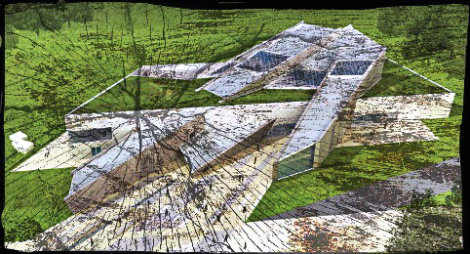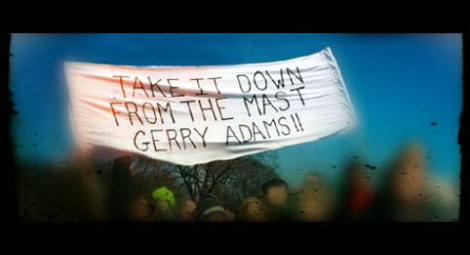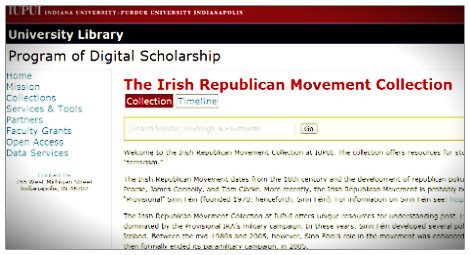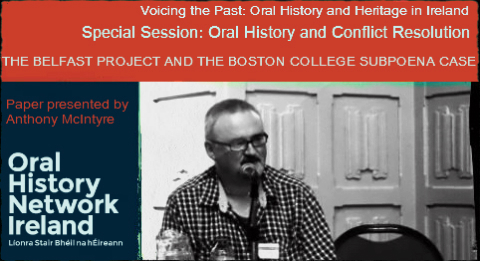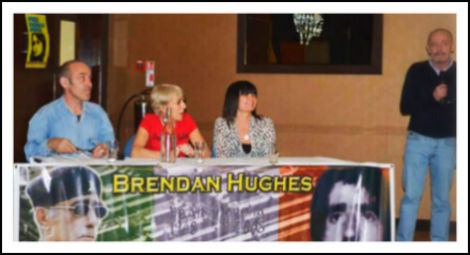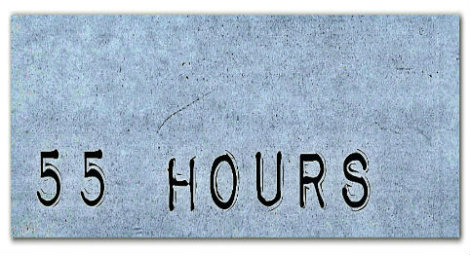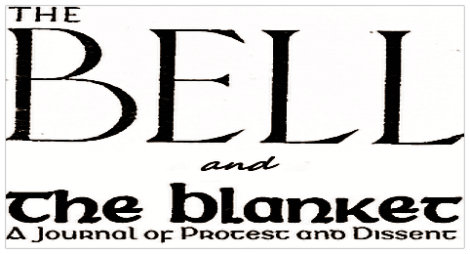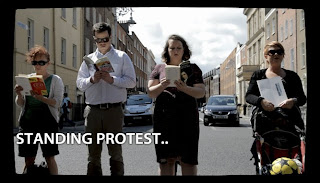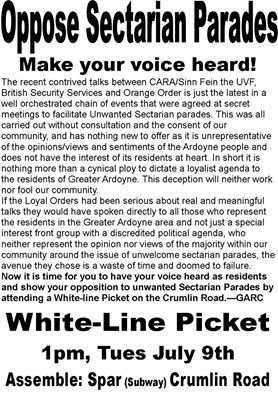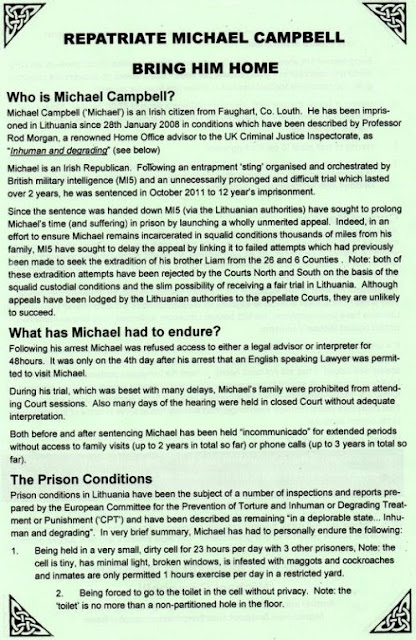Ed Moloney with a piece suggesting more ineptitude on the part of Boston College. It originally featured on his own blog, The Broken Elbow.
Boston College does not have in its possession the contract
Dolours Price signed with the university that established the
authenticity and ownership of the interview about her life in the IRA
conducted by researchers from the college, thebrokenelbow.com can now
reveal. It is not known whether the contract has been lost or was never
collected from researchers in Ireland.
 |
| Dolours Price – Boston College has lost her contract proving ownership and authenticity of her interview |
This disclosure follows revelations in
The Irish Times
this weekend that Boston College also cannot locate the contracts that
identify three out of the seven IRA interviews that have been
successfully subpoenaed by the PSNI and the United States’ Department of
Justice in an effort to solve the forty year long IRA murder and
disappearance in 1972 of Jean McConville, a Belfast widow and mother of
ten whom the IRA accused of spying for the British military. These
interviews are still the subject of legal argument in the United States.
This means that four out of the nine interviews or sets of interviews
– nearly half of the interviews successfully subpoenaed as being
relevant to the McConville murder investigation – are now of dubious
legal and evidential value despite a lengthy and expensive legal battle
fought by the PSNI and their allies in the Obama White House over the
past twenty-seven months.
 |
| Jean McConville with two of her children |
These revelations also raise questions about how many other
interviewee contracts with participants unconnected with the McConville
investigation or who were part of the UVF section of the archive that so
far has escaped PSNI attention have been lost or were never collected
by Boston College.
Amid efforts, so far resisted by Boston College, on the part of
interviewees to get their interviews returned and to force the closure
of the archive, legal sources say that the inability of Boston College
to prove that contracts exist will result in the automatic return of
these interviews to those who gave them.
All these twists and turns add appreciably to the embarrassment of
Boston College’s authorities over a project that has been roiled in
controversy over assurances of confidentiality that were given to
interviewees by the college in order to persuade them to participate.
The contracts at the centre of this controversy tell interviewees
that their control and ownership of the interviews they gave was
absolute until their death, after which ownership and control reverted
to Boston College. It was this contract, drawn up by Boston College’s
own legal advisers, which persuaded the researchers, Ed Moloney, Anthony
McIntyre and Wilson McArthur, as well as the interviewees, to take part
in the project as it seemingly offered protection against official
intrusion.
At the outset of the project in 2001 another part of the arrangement,
drawn up in contracts, stipulated that the Project Director, Ed Moloney
would create a key for Boston College that would identify all the
participants who otherwise would only be identified by letters of the
alphabet and numbers for the number of interviews they gave.
The key would be created via the contracts which the researchers,
Anthony McIntyre and Wilson McArthur, would ask each interviewee to
sign. The arrangement was very strict about one point: for security
reasons the contracts and the key they created could only be hand
delivered to Boston from Ireland by the Boston College librarian, Robert
O’Neill, who traveled regularly to Ireland on shopping expeditions for
the college.
In other words McIntyre and McArthur would provide the signed
contracts, Moloney would create a key from them and O’Neill would carry
all this back to Boston where the documents would be lodged, at least in
theory, in the college archive.
Almost at the outset however the arrangement was altered by changes
in the domestic arrangements of Ed Moloney, who was obliged for family
reason to relocate from Belfast to New York in the summer of 2001, by
which time the IRA part of the archive was just a few months old.
Because the security of the project and the guarantees given to
interviewees necessitated that the all important piece of information
identifying each participant be taken to Boston only by hand this meant
that Moloney, now residing in New York, could no longer be part of this
process and it was left to O’Neill, the Boston College librarian and the
man in charge of the project, to collect the contracts and create the
key. Had Moloney been involved this would have meant that security would
have been compromised since the ‘by hand only’ rule would have been
breached, with potentially harmful consequences for the interviewees.
It is interesting to note that the subpoenaed IRA interviewees not
identified by contracts are all at the end of the alphabet, suggesting
that they were started long after he had arrived in New York and when he
was no longer in a position to be given copies of their contracts. In
practice he was not informed of the names of participants although he
did suggest names of potential candidates and needs and did read
transcripts which were sent in an encrypted form. However identities
could never be sent encrypted or in any other way as the security risk
was too great.
Boston College went along with this arrangement. Again for security
reasons none of this was described in writing or email but was done
orally. Proof that it was acceptable to Boston College lies in the fact
that never once, from 2001 onwards, did the college ever demand the key
from Ed Moloney. This was because
de facto the job was
O’Neill’s. During Moloney’s stay in New York he traveled numerous times
to Boston College, gave lectures to students and had meetings with those
in charge of the project and never once was this issue or problem
raised.
Had the college been so exercised by the failure to provide this key
its lawyers could have sued for breach of contract but they allowed the
statute of limitations to expire in 2012, a year after the PSNI/DoJ
subpoenas were served. This suggests that the college was not then
concerned about the matter.
It also means that from 2001 until 2013, and even after a foreign
police force had requested access to its archive, the fact that a
significant number of interviews lodged in Boston College had no
contracts attached to demonstrate Boston College’s ownership or to
establish the identity of the interviewees went completely unnoticed by
the authorities on campus or was not regarded as being of concern.
Collection of the contracts and therefore compilation of the key
became the responsibility of Robert O’Neill, the college librarian. Did
he collect the contracts and then lose them or ‘forget’ or somehow fail
to collect the contracts? We don’t know. It does however seem logical
that McIntyre – and also McArthur – did have an incentive to ensure that
contracts were signed and collected.
The contracts were the guarantee of security and safety and it was in
their interests to ensure that each interviewee was both aware of the
text of the contract and had signed them – this was the way, after all,
in which they could assure interviewees that it was safe to participate.
Equally it was in their interests to ensure that the contracts were
lodged at Boston College.
Doubtless aware of how damaging all this extraordinary chapter in the
IRA archive story is to Boston College’s reputation, the university has
turned on its researchers as it has done repeatedly during this sad
story.
This time the reason is clear. Earlier this summer, the First Circuit
Court of Appeal in Boston reversed a District Court judgement of 2011
that authorised the wholesale handover of IRA interviews – eighty-five
in total. That judgement had said that if interviewee ‘A’ mentioned Jean
McConville in only one of 18 interviews then all 18 interviews should
be handed over. The First Circuit, very sensibly, said that only that
single interview should be conceded.
Following this Boston College appears to have discovered that thanks
to the contracts snafu, it cannot identify three of the interviewees.
Anxious that once again the college will be exposed as alarmingly
bungling and incompetent, Boston College is trying to shift the blame on
to its researchers and in particular project director Ed Moloney.
On the foot of what looks like a tip off to the DoJ from Boston
College, the researchers’ legal advisers have been warned that the US
government may well go into court next week to ask that in the case of
those three interviewees their entire set of interviews should now be
handed over so they can be identified. Boston College is telling our
legal team that we can stop this happening if we identify the three
interviewees. Failing that there is the threat in the background of a
subpoena, with jail time if it is defied, against the Project Director
Ed Moloney.
This is how far Boston College has sunk. And as this happens US academe stands silent, acquiescing and in effect collaborating.













